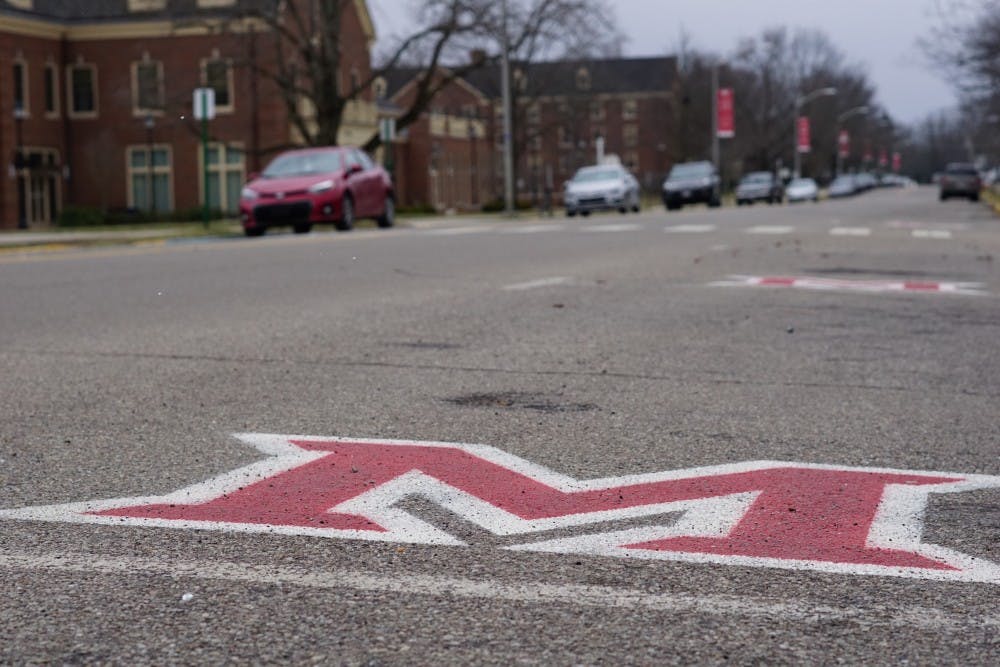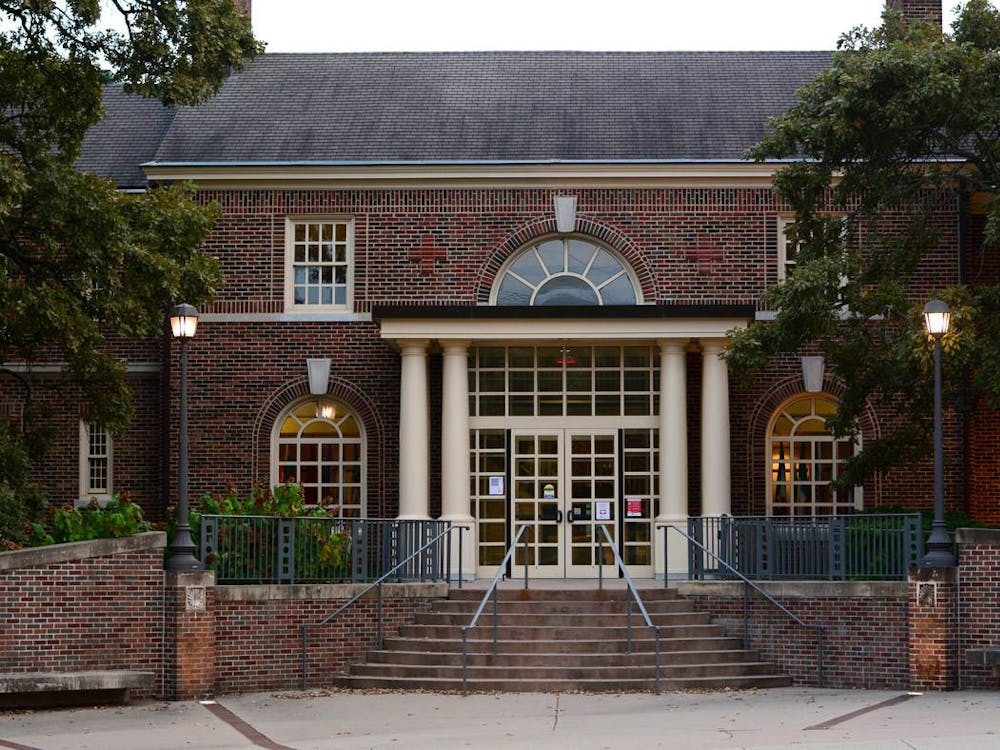In light of President Trump's suspension of immigration for people hailing from seven nations last week, Miami University's senior leadership on Sunday night released a statement via email "expressing strong concern" about the executive order.
"Providing opportunities for international students contributes to enhancing diversity and learning at a 21st-century university," the statement read in part. "International students, faculty and staff contribute to our rich educational experience and mission. Miami is fully committed to remaining a globally connected university, welcoming students, faculty and staff from all over the world."
Miami University spokesperson Claire Wagner told The Student that more than three dozen faculty and students at Miami are from the countries listed in Trump's ban -- Iran, Iraq, Libya, Somalia, Sudan, Syria and Yemen.
The statement said that Miami's Office of International Student and Scholar Services is reaching out to all international students, while the Office of General Counsel is working with Miami faculty and staff from the countries in question.
"We wanted to assure our own community, dozens of members of which were already asking us questions, that we were reaching out to those affected and to reiterate our support for them," Wagner said.
President Greg Crawford also signed a joint letter from the presidents of Ohio's 14 public universities Monday. The letter was sent to Democratic Senator Sherrod Brown in support of the BRIDGE ("Bar Removal of Individuals Who Dream of Growing Our Economy") Act, a bipartisan bill proposed in the Senate in December that would provide students with a provisional "protected" visa status and work authorization.
The BRIDGE Act seeks to bolster the current Deferred Action for Childhood Arrivals (DACA) program, whose future is uncertain under the new administration.
"DACA students on our campuses have enriched the learning environment and brought extraordinary talent to our state," the letter said. "They have provided leadership in numerous disciplines from education to science and technology, and are actively serving their local communities and economies. These students have been raised and educated in the United States and have proven to be an important asset to our society."
On Sunday night, the Miami chapter of the American Association of University Professors (AAUP) published a petition pledging not to participate in admissions recruitment until university administration came out strongly against the ban.
"In good conscience, we faculty can no longer recruit students to Miami until we are satisfied that the university is doing all it can to keep them safe and free to study," the petition read. "We will gladly renew our recruitment efforts once the university has made a clear and robust statement explaining how it plans to help keep our community of international students, staff, and colleagues safe, free, and part of a community of free inquiry at Miami."
The university's email statement was circulated shortly after the AAUP petition, which is consequently being withheld "until we discuss and understand more about what Miami is prepared to commit to with regard to support and protection of international students," according to the petition website on ActionNetwork.org. As of press time, the petition had collected 105 signatures.
The AAUP petition was authored by professor of Global and Intercultural Studies Carl Dahlman, who told The Student via email that he was pleased university leadership had "taken the first step in acknowledging the uncertainty and fear [caused by] the Trump administration's actions."
Enjoy what you're reading?
Signup for our newsletter
"The government's approach creates a climate of hostility towards many on our campus that is counter-productive to our educational mission and, I think, our values as a nation," Dahlman wrote. "I look forward to hearing what specific and concrete steps the university will take to protect these individuals from government intrusions that may not ultimately accord with our constitution and laws"




